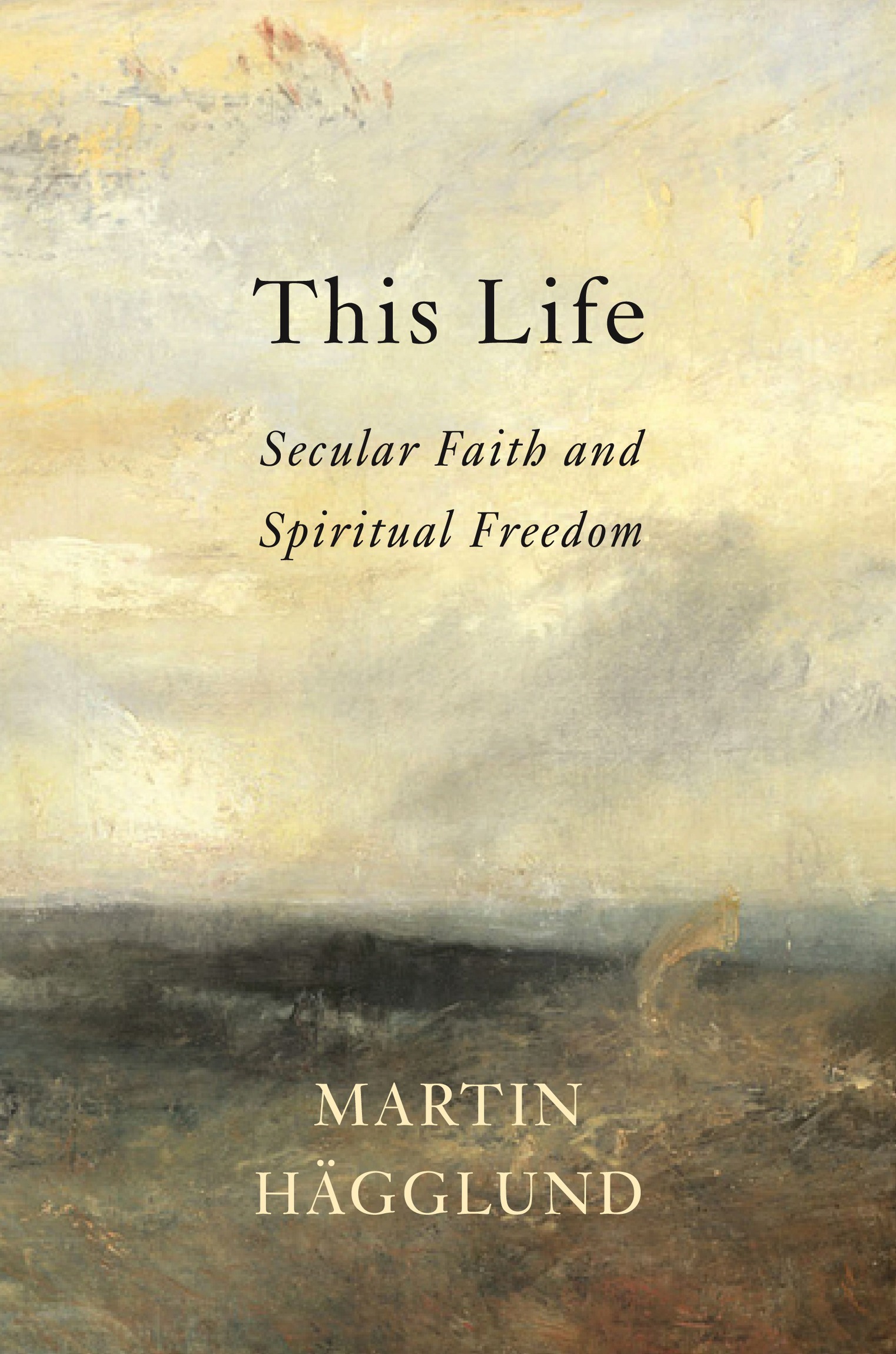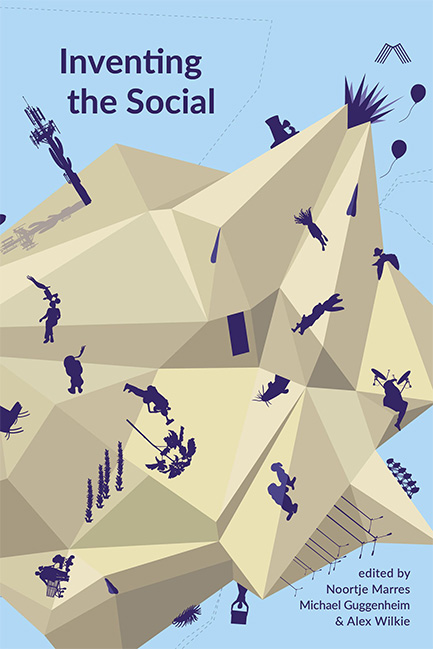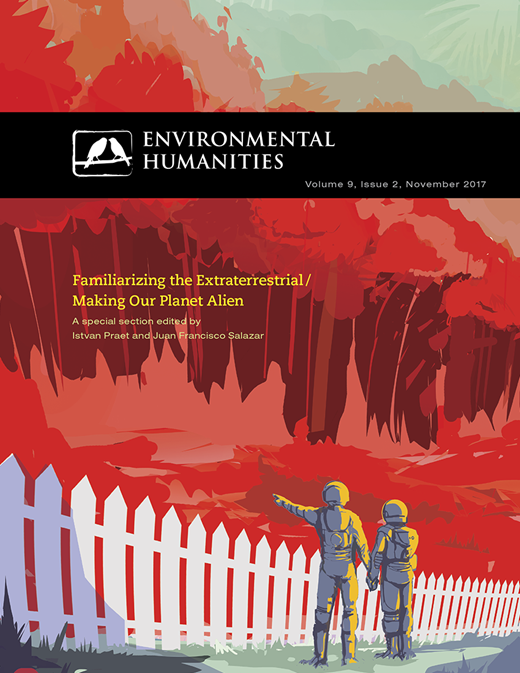Martin Hägglund: This Life: Secular Faith and Spiritual Freedom (2019)
Filed under book | Tags: · capitalism, critique, democracy, democratic socialism, faith, freedom, god, labour, liberalism, life, love, marxism, philosophy, politics, production, religion, secularism, socialism, society, spirituality, theory of value, time, value

“This Life offers a profoundly inspiring basis for transforming our lives, demonstrating that our commitment to freedom and democracy should lead us beyond both religion and capitalism. Philosopher Martin Hägglund argues that we need to cultivate not a religious faith in eternity but a secular faith devoted to our finite life together. He shows that all spiritual questions of freedom are inseparable from economic and material conditions: what matters is how we treat one another in this life and what we do with our time.
Engaging with great philosophers from Aristotle to Hegel and Marx, literary writers from Dante to Proust and Knausgaard, political economists from Mill to Keynes and Hayek, and religious thinkers from Augustine to Kierkegaard and Martin Luther King, Jr., Hägglund points the way to an emancipated life.”
Publisher Pantheon Books, New York, 2019
ISBN 9781101870402, 1101870400
450 pages
Interviews with author: Meagan Day (Jacobin, 2019), Adam Kelly (University of York, 2019, video).
Debates: Frederick Neuhouser, Lea Ypi, Jensen Suther (The Philosopher, 2019, with Hägglund’s introductory essay), Brandon M. Terry, Walter Benn Michaels, Benjamin Kunkel, Michael W. Clune, Jodi Dean, William Clare Roberts (Los Angeles Review of Books, 2020, with Hägglund’s response), Robert Pippin (The Point, 2019, Hägglund’s response).
Reviews: Samuel Moyn (Jacobin, 2019), Michael A. McCarthy (Jacobin, 2019), Nathan Brown (Radical Philosophy, 2019), Tyler M. Williams (Critical Inquiry, 2020), Jedediah Britton-Purdy (The New Republic, 2019), Mathew Abbott (Marx & Philosophy, 2020), Martin Rayburn (Parrhesia, 2020), Conall Cash (boundary2, 2019), Oliver Burkeman (The Guardian, 2019), James Wood (New Yorker, 2019), Adam Kirsch (Wall Street Journal, 2019), Matt McManus (Areo, 2020), Daniel Steinmetz-Jenkins and Daniel Zamora (Dissent, 2019), William Egginton (Believer, 2020), Anton Jansson (Ord & Bild, 2020, SW), Matthew Engelke (Public Books, 2019), Kevin Schilbrack (Sophia, 2020), Knox Peden (Sydney Review of Books, 2020), Johan Andreas Trovik (Vinduet, 2022, NO).
Author
Wikipedia
Publisher
WorldCat
Noortje Marres, Michael Guggenheim, Alex Wilkie (eds.): Inventing the Social (2018)
Filed under book | Tags: · design, life, research, social science, society, sociology

“Inventing the Social showcases recent efforts to develop new ways of knowing society that combine social research with creative practice. With contributions from leading figures in sociology, architecture, geography, design, anthropology, and digital media, the book provides practical and conceptual pointers on how to move beyond the customary distinctions between knowledge and art, and on how to connect the doing, researching and making of social life in potentially new ways.
Presenting concrete projects with a creative approach to researching social life as well as reflections on the wider contexts from which these projects emerge, this collection shows how collaboration across social science, digital media and the arts opens up timely alternatives to narrow, instrumentalist proposals that seek to engineer behaviour and to design community from scratch. To invent the social is to recognise that social life is always already creative in itself and to take this as a starting point for developing different ways of combining representation and intervention in social life.”
Publisher Mattering Press, Manchester, 2018
Creative Commons BY-NC-SA 4.0 License
ISBN 099552775X, 9780995527751
334 pages
Environmental Humanities, 9(2): Familiarizing the Extraterrestrial / Making Our Planet Alien (2017)
Filed under journal | Tags: · alien, astronomy, cosmos, earth, extraterrestrial, imagination, life, science, space

“A growing number of researchers in the social sciences and the environmental humanities have begun to focus on the wider universe and how it is apprehended by modern cosmology. Today the extraterrestrial has become part of the remit of anthropologists, philosophers, historians, geographers, scholars in science and technology studies, and artistic researchers, among others. And there is an emerging consensus that astronomers and other natural scientists—contrary to a common prejudice—are never simply depicting or describing the cosmos “just as it is.” Their research is always characterized by a specific aesthetic style and by a particular “cosmic imagination,” as some have called it. Scientific knowledge of the universe is based on skilled judgments rather than on direct, unmediated perception. It is science, but it is also an art. This special section focuses on two at first sight contradictory aspects of this cosmic imagination. On the one hand, there is a distinctive move toward viewing the extraterrestrial in familiar terms and comprehending it by means of conceptual frameworks that we, earthlings, are accustomed to. On the other hand, there is a tendency to understand our own planet in unfamiliar terms, especially in astrobiology, where so-called analog sites and “extreme environments” provide clues about alien planets.”
Special section edited by Istvan Praet and Juan Francisco Salazar
Publisher Duke University Press, November 2017
Creative Commons BY-NC-ND 3.0 License
ISSN 2201‐1919
pages 300-455

